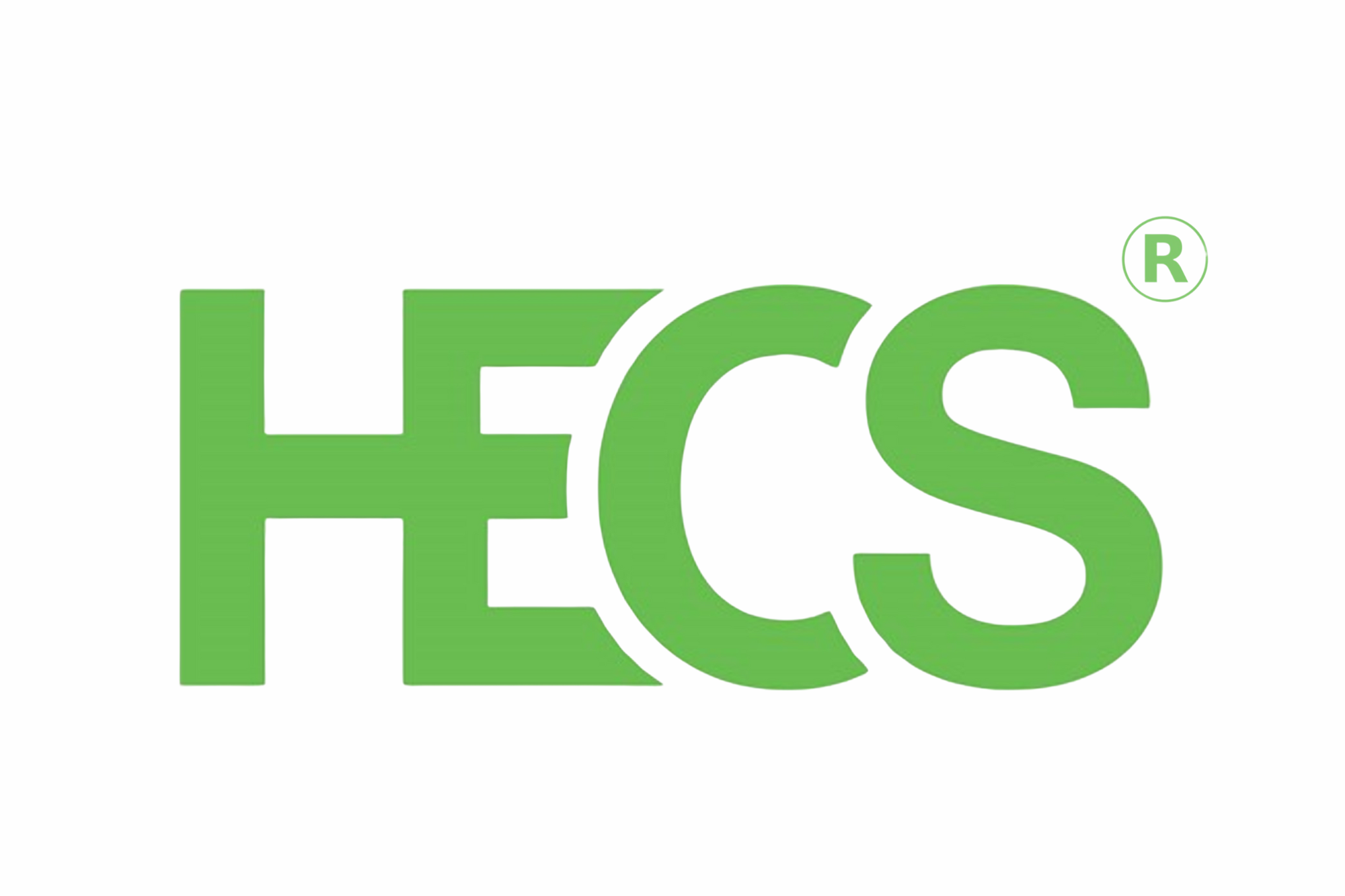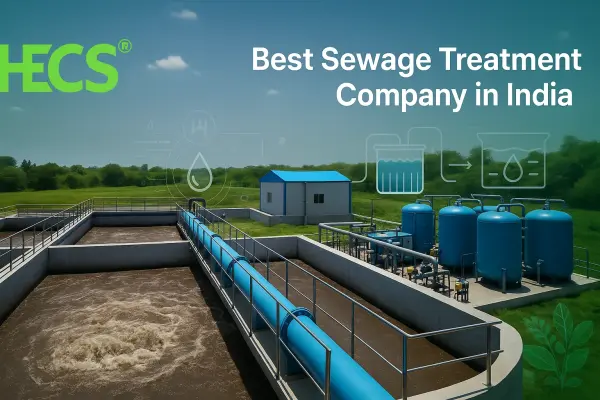
Green Certifications for Industries: IGBC, GRIHA, LEED – Which One is Right for You?

Green Certifications for Industries: The New Standard for Sustainable Growth in India
India's industrial sector is at a turning point. As global ESG (Environmental, Social, and Governance) standards rise and climate responsibility becomes central to business success, Green Certifications for Industries are no longer optional—they’re essential. What was once viewed as a sustainability badge is now a compliance benchmark, demanded by regulators, investors, and environmentally conscious consumers.
From facility managers to CSR teams, stakeholders across the industrial ecosystem are under growing pressure to prove measurable environmental performance. With India pledging net-zero emissions by 2070 and introducing stricter environmental laws, green building certifications are fast becoming a critical tool for future-proofing operations.
But with choices like IGBC, GRIHA, and LEED, how do you know which certification aligns best with your industrial project? For manufacturing units, logistics hubs, and large-scale facilities, choosing the right certification is not just about going green—it’s about reducing costs, ensuring regulatory alignment, and gaining a long-term competitive edge.
What Are Green Certifications for Industries?
Green certifications for industries are comprehensive assessment systems that evaluate and recognize sustainable building practices, energy efficiency, and environmental performance in industrial facilities. Unlike residential or commercial building standards, industrial green certifications specifically address the unique challenges of manufacturing environments, including high energy consumption, process emissions, water-intensive operations, and complex waste management.
These certification systems establish benchmarks for reducing energy use, minimising waste generation, optimizing water consumption, and lowering carbon emissions across the entire facility lifecycle. Certified industrial facilities in India have reported energy savings of 20-30%, reductions in water consumption of up to 40%, and significant operational cost benefits within the first few years of implementation.
Consider Mahindra's manufacturing plant in Chennai, which achieved LEED Platinum certification and reduced energy consumption by 32%, or Tata Motors' Pune facility that secured IGBC Green Factory rating and cut water usage by 45%. These examples demonstrate how green factory compliance standards in India translate into tangible business outcomes.
Overview of Major Industrial Green Certifications in India
IGBC (Indian Green Building Council)
Developed by the Confederation of Indian Industry (CII), IGBC represents India's most industry-focused green certification system. The IGBC Green Factory rating specifically addresses manufacturing facilities, making it highly relevant for industrial applications.
IGBC offers industry-specific ratings, including Green Factory, Core & Shell, and specialized certifications for different sectors. The system emphasizes practical implementation aligned with Indian industrial practices and regulatory frameworks. Key benefits include faster environmental clearances, significant energy and water savings, and preferential treatment in government incentive schemes.
The IGBC certification for industrial processes typically involves pre-assessment, documentation support, third-party verification, and ongoing monitoring. IGBC green factory rating costs are generally lower than international alternatives, making it accessible for small and medium enterprises while maintaining rigorous standards.
GRIHA (Green Rating for Integrated Habitat Assessment)
Supported by the Ministry of Environment, Forest and Climate Change (MoEFCC) and developed by TERI (The Energy and Resources Institute), GRIHA is renowned for its strong alignment with Indian climatic conditions and building practices.
GRIHA certification excels in addressing local environmental challenges, indigenous materials usage, and region-specific sustainability strategies. The system is particularly ideal for public sector and industrial buildings requiring government alignment and regulatory compliance.
GRIHA for industrial buildings focuses on habitat restoration, biodiversity conservation, and community impact alongside traditional green building parameters. GRIHA certification cost is moderate, and the system offers extensive technical support throughout the certification process, making it attractive for organisations prioritising local expertise and government recognition.
LEED (Leadership in Energy and Environmental Design)
Managed by the US Green Building Council (USGBC), LEED provides global recognition and is strongly preferred by export-focused industries and multinational corporations operating in India.
LEED certification in India offers unparalleled international credibility, making it valuable for companies with global operations, international clients, or export markets. The system excels in carbon footprint analysis, lifecycle assessment, and comprehensive environmental impact evaluation.
LEED for manufacturing plants involves rigorous documentation, third-party commissioning, and ongoing performance monitoring. While LEED certification requires higher investment and technical expertise, it delivers exceptional global recognition and access to international green financing options.
Comparison: IGBC vs GRIHA vs LEED for Industrial Use
Feature | IGBC | GRIHA | LEED |
Origin | Indian (CII) | Indian (TERI + MoEFCC) | International (USGBC) |
Industry Focus | High (Green Factory) | Moderate | High (LEED for Industry) |
Government Alignment | High | Very High | Moderate |
Global Recognition | Medium | Low | Very High |
Cost & Implementation | Low-Moderate | Moderate | High |
Technical Support | Good | Excellent | Variable |
Certification Timeline | 6-12 months | 8-15 months | 12-18 months |
Ongoing Compliance | Moderate | Low | High |
Market Acceptance | High (Domestic) | High (Public Sector) | High (Export/MNC) |
Which Green Certification is Right for Your Industry?
Choosing the best green certification for your business depends on several critical factors that align with your operational context and strategic objectives.
For Export-Focused Industries and MNCs: LEED certification provides unmatched global recognition, essential for companies serving international markets, seeking green financing, or operating under parent company sustainability mandates. Pharmaceutical, automotive, and IT manufacturing facilities often prefer LEED for its comprehensive lifecycle analysis and international credibility.
For Domestic Manufacturing and SMEs: IGBC Green Factory rating offers the optimal balance of cost-effectiveness, industry relevance, and regulatory benefits. Food processing, textiles, and consumer goods manufacturers find IGBC's practical approach and lower implementation costs particularly attractive.
For Public Sector and Government Projects: GRIHA certification ensures maximum government alignment, policy compliance, and access to state-level incentives. Infrastructure projects, public utilities, and government-sponsored industrial developments benefit from GRIHA's strong institutional support.
Budget Considerations: Organizations with constrained budgets should consider IGBC for cost-effective compliance, while those with substantial sustainability investments can leverage LEED's premium positioning. GRIHA offers moderate costs with excellent technical support.
Long-term Sustainability Goals: Companies committed to comprehensive environmental transformation should evaluate LEED's rigorous standards, while those seeking practical, immediate improvements might prefer IGBC's industry-focused approach.
How We Can Help – Compliance Made Easy
Navigating green building certification for manufacturing in India involves complex documentation, technical compliance requirements, and ongoing liaison with certification authorities. Many companies struggle with simulation modelling, energy audits, water management documentation, and the intricate approval processes required by IGBC, GRIHA, or LEED authorities.
From initial feasibility assessment to final certification award, the process demands specialised expertise in building physics, environmental engineering, and regulatory compliance. Documentation requirements alone can overwhelm internal teams, while technical simulations and third-party verifications require significant coordination and project management capabilities.
Our expert team provides comprehensive support for application filing, building performance simulation modelling, audit readiness preparation, and end-to-end certification project execution. We handle the complex liaison work with certification bodies, manage timeline coordination, and ensure your project meets all technical requirements while optimizing costs and minimising delays.
Partner with HECS for Seamless Green Certification
At HECS, we help industries adopt sustainable practices and secure the right green certifications with ease. From IGBC Green Factory ratings to GRIHA and LEED documentation support, our end-to-end consultancy ensures your project meets compliance standards, earns recognition, and delivers measurable operational cost reductions.
Our comprehensive approach includes pre-certification feasibility studies, detailed gap analysis, documentation support, simulation modelling, third-party audit coordination, and post-certification compliance management. We've successfully guided manufacturing facilities, industrial parks, and large-scale infrastructure projects through the certification process, achieving cost savings, regulatory compliance, and enhanced market positioning. Whether you're exploring eco-friendly manufacturing standards, seeking industrial sustainability certification, or planning green compliance initiatives, our experienced team provides the expertise and support needed to make your facility greener, smarter, and regulation-ready.
Share this post:





